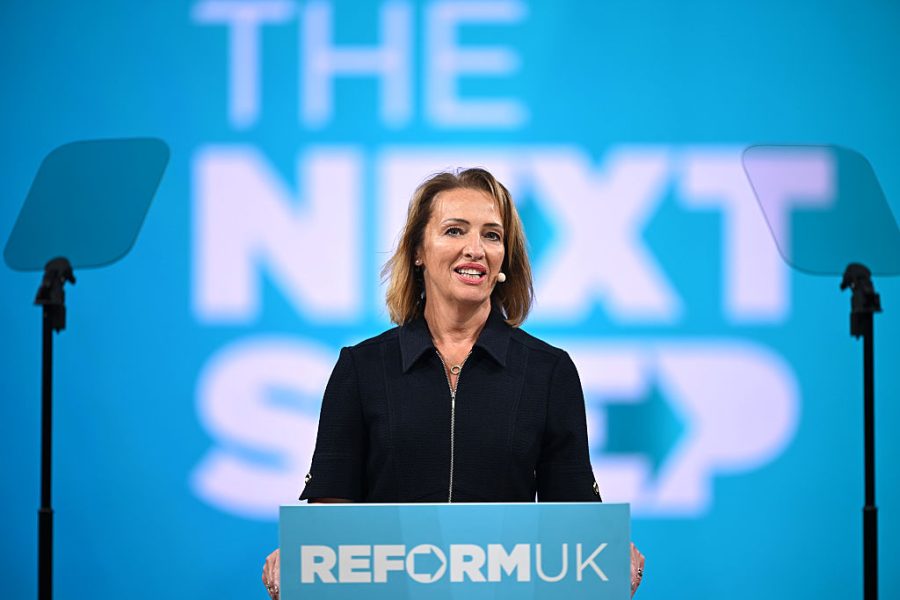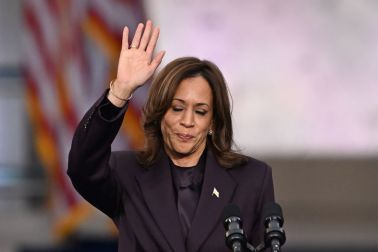Labour’s pro-growth reforms were fun while they lasted. Now here come the tax rises. That’s not quite how Rachel Reeves will convey the findings of the Treasury audit she plans to announce on Monday – but hikes are probably going to be the next step in filling in what the Chancellor will claim is a £20 billion hole in the public finances.
This multi-billion pound ‘discovery’ is the latest addition to Labour’s narrative, which has been building since before the election. The party wants to claim that when it discovers what’s really been going on inside government, its fiscal decisions will become even more difficult – and this could include some painful (but necessary) tax rises. But there has always been an outstanding problem with this narrative: thanks to a rigorous – and public – assessment of fiscal events by the Office for Budget Responsibility, there is very little left to unearth.
The latest assessment, which was carried out less than five months ago, pointed to the departmental spending holes which are about to be presented as shocking information. Not even the headline figure is new: the Institute for Fiscal Studies has been pointing to roughly a £20 billion black hole for months (along with a great many other spending gaps, including in Labour’s manifesto). Former chancellor Jeremy Hunt’s fiscal statements both this year and last suggested that there would be big public spending cuts in the new parliament so he could both lower taxes and meet his financial targets. Bodies such as the OBR have been highlighting this trade-off since it began. It’s a conundrum, yes – but it’s by no means new.
This Treasury audit is odd to begin with: having made the role of the OBR such a big part of the election campaign, it is strange that one of Reeves’s first moves would be to get the Treasury to carry out what the independent OBR is meant to do. (In response to Liz Truss sidelining the body when she announced her infamous mini-Budget, Labour is granting greater powers to the forecaster so it’s required to assess all major fiscal events.) The argument is that this audit offers a broader view of the public finances, uncovering departmental weakness and funding gaps. But it does not tell us anything new about how much cash there is to spend. Those figures were known to the Labour party when it was writing its manifesto and going into an election. The situation is the same today as it was pre-election.
This puts Labour in a tricky spot, not least because the party was so vague about what it would do on tax during the campaign. It wanted to stick to talking about the Tory tax cuts on National Insurance – but did not want to go near the multi-billion-pound black hole that was already on full display.
This ‘conspiracy of silence’, as the IFS dubbed it, was not just carried out by Labour. The Tories were keeping it quiet, too. As Michael Saunders from Oxford Economics points out in his latest newsletter, no one really thought the Tories were going to stick to their spending plans – and cut £20 billion from government spending – if they had won the election either:
They were probably not intended to be implemented and the Conservative government did not lay out detailed plans to achieve them. Rather, the purpose of the existing spending totals appears to have been to show a path by which the fiscal rules could be met with the tax cuts announced in late 2023 and early 2024. In practice, it’s likely that a Conservative government would have added to the spending totals while, as has often been the case, pencilling in restraint in future years to meet the fiscal rules, which focus on the deficit and change in debt ratio five years ahead.
It’s another good example of how flawed the fiscal rules are. While they are, in theory, designed to get debt falling as a percentage of GDP in the medium term, what they actually do is allow politicians to pretend they will make the tough decisions in five years’ time, spending wildly as they do so. Reeves will benefit from this as Hunt did – but early indicators suggest she wants to find even more cash, including for above-inflation public sector pay raises. These are estimated to cost roughly £3.5 billion, if granted for teachers and health staff.
It’s thought that Labour is looking at changes to capital gains tax, possibly inheritance tax, and rolling back certain tax reliefs to raise more revenue. The party certainly has a mandate to make changes – but can it really claim, if it hikes taxes, that the decision was taken in the face of surprising circumstances? All the important information was at Reeves’s fingertips long before the election was called. Not wanting to talk about it during an election is one thing – but suggesting it is new information is quite another.








Comments